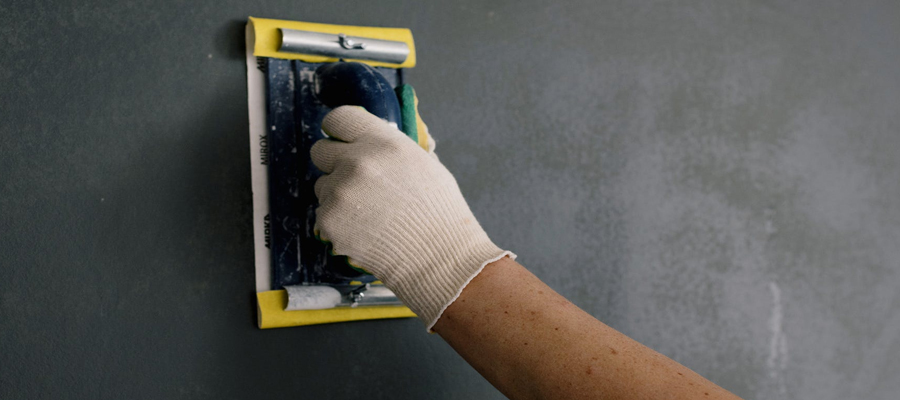
Concrete is one of the most important structural materials in the world due to its strength and durability. Protecting the concrete from environmental damage is important to increase its longevity and efficiency. One of the best way to protect concrete is to seal it. Once a concrete surface is sealed from harmful salts and chlorides, it can last many years. Sealers will also protect concrete from freezing weather in winter and thawing forces in the spring.
What Is Concrete Sealing?
Concrete sealers react with the inorganic compounds of the concrete to fill pores making it almost impossible for liquids to become absorbed. Pressure-driven water will usually still penetrate through a sealer, although that water can still evaporate out as some sealers are permeable to vapors. Sealers last an average of two to three years, depending largely on service environment, surface type, repellent properties, and the sealers used.
Sealers are low in viscosity and are water- or solvent-based. Technicians apply sealers using low-pressure spray nozzles, coating the surface as evenly as possible. The sealers penetrate the concrete and provide protection without leaving much noticeable material on the surface. The thin nature of sealers results in light coverage more often than heavy coverage.
Surface Preparations
Surface preparation includes pressure washing, power washing, and mechanical abrasion. Pressurized washing is the ideal choice when preparing a surface for sealant. Some concrete cleaning detergents can be used, although they must be compatible with the sealers being used.
Types of Concrete Sealers
There are many different types of concrete sealers. Some commonly used sealers are an epoxy or polyurethane sealer, a penetrating sealer, and an acrylic resin-based sealer.
Acrylic resin-based sealers: Sealers that use acrylic resin are cheap and effective. They can be blended with another sealer such as epoxy, polyurethane, or silicone to change durability, sheen, and coverage. There are several different styles of acrylic resin-based sealers with notable differences. Styrene is a cheaper product that may turn yellow when under direct UV light, such as sunlight. Pure acrylic resin lasts longer and does not turn yellow in sunlight.
Epoxy or polyurethane sealers: Epoxy sealers cost much more than acrylics without a huge jump in performance. These sealers create a thicker layer and can cause patios and walkways to become unnecessarily slippery. Epoxy sealers are also less permeable to vapors than acrylics which often causes trapped water to create a white haze between the concrete and epoxy layers.
Penetrating sealers: These specialty resins are typically silicones, siloxanes, and silanes that penetrate the material and make a chemical barrier. Water, oil, grease, and other contaminants are repelled very effectively by these resin types. These resins are labeled clearly as “penetrating sealers” and are the best bet when sealing driveways or floors in garages and workshops.
Many homeowners try to seal concrete themselves without realizing the science behind the project. The process of concrete sealing is complex. It’s very easy to misuse or improperly apply a sealer. To ensure the job is done right, contact NTS Contractors today. NTS Contractors services apartments, restaurants, office buildings, warehouses, industrial buildings, and multi-family housing.